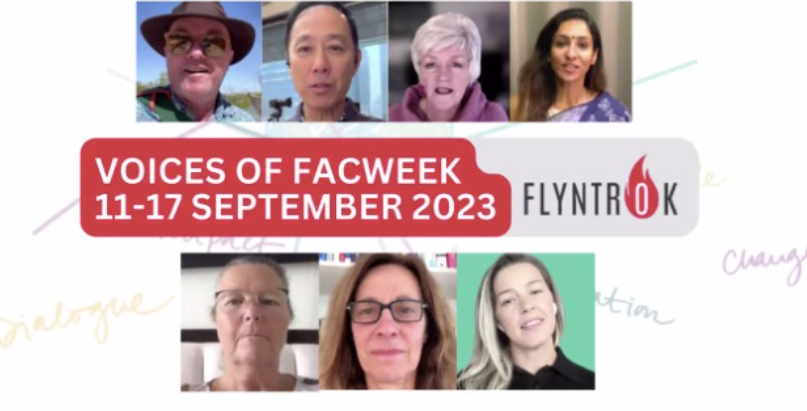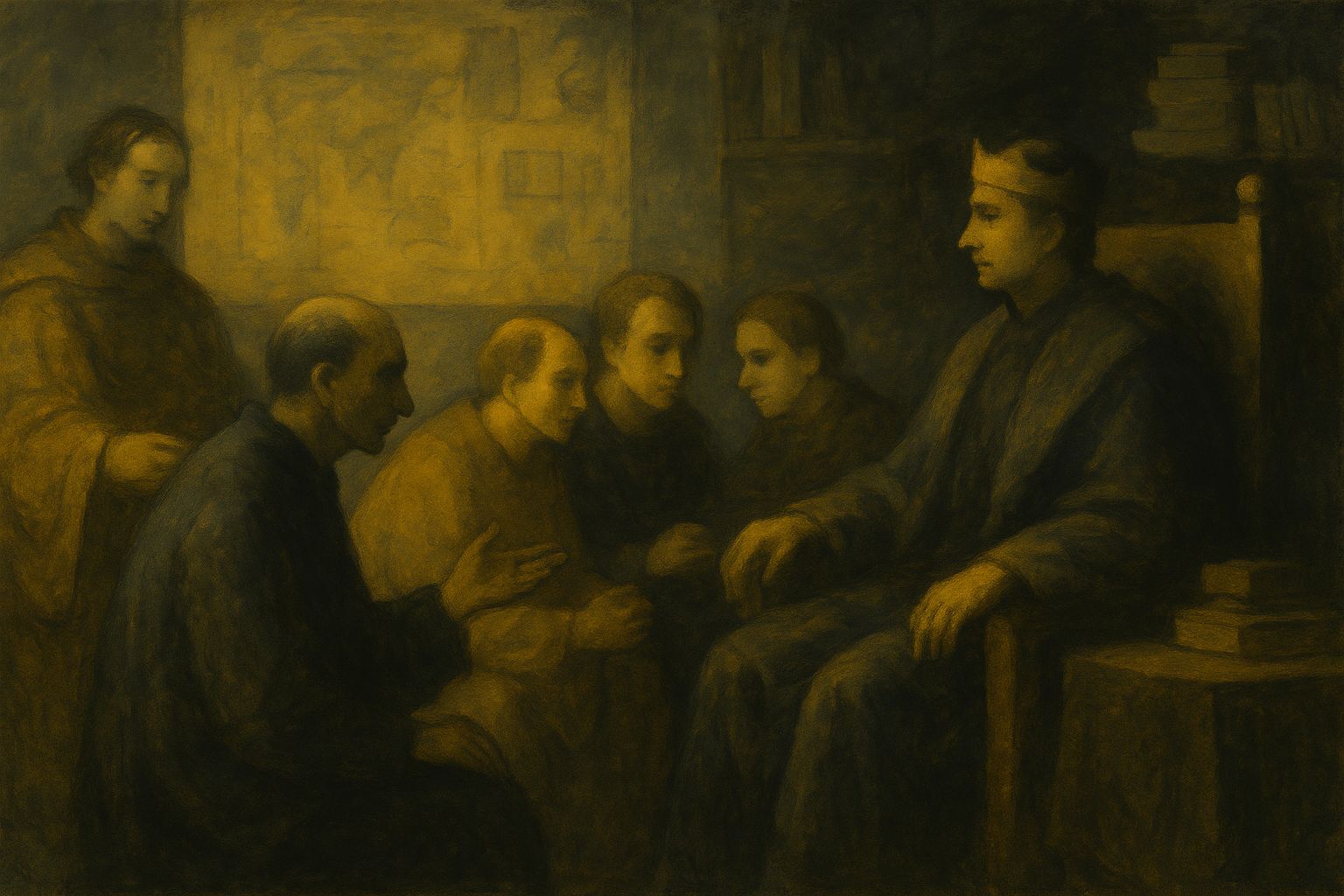
This is part 3 of the series on Why I Love Facilitation, from voices across the globe. As we delved into our memories and archives a much favoured book on facilitation came to mind. We are sharing this with the community of learners in the hope that it will be useful.
Standing in the Fire . It aligns with the Flyntrok belief and even name (Flint-rock) on being the spark that catalyses change. Sharing a couple of lines from the book
An effective facilitator focusses on playing a pivotal role as the new “fire tender”. Become a person who transforms the dynamic energy of the group into a passionate conclusion.…and by doing so, “bring out the life-generating, creative potential of group fire”
Standing in the here and now involves being alert yet at ease with what’s currently happening.
We can maintain here-ness by cultivating two practices. First, we should attend vigilantly to what’s going on in the group around us and to the thoughts and feelings that we are experiencing. Secondly, we should keep still, and rather than seek to take control of the group by imposing our will on others, we should assume the role of a witness.
Standing with an open mind is maintaining a stance of not knowing and a sense of inquiry. In short, it involves a willingness to say I don’t know and be comfortable with this not knowing.
Here are the voices of facilitators from across the world on why they love facilitation:
Rhonda Sparks-Tranks is based in Buninyong, Victoria, Australia and is a process facilitator, coach, trainer and organisational consultant. Rhonda is an IAF Certified Professional Facilitator, Master (CPF|M) and a recipient of the IAF’s Hall of Fame Award.
Anne Boland is based in regional Victoria, Australia, is a psychologist, with thirty years experience in learning and development, leadership development, coaching and organisational change.
Harmeen Sethi is based in Mumbai, India and is a People and Organisation Development Consultant
Daria Kalista Daria is based in Singapore and is a facilitator, trainer and coach.
Nick Housego iis based in Canberra Australia and is great ambassador for facilitatio. He is former Chair of the International Association of Facilitators and was instrumental in establishing the Government Facilitators Community Of Practice. Nick has clocked up some 18,000 hours of facilitation and before retiring he served as a specialist facilitator for the Australian Taxation Office and Department of Agriculture, Fisheries and Forestry.
Kimberly Bain is currently based in Panama, is an experienced facilitator, former Chair of the International Association of Facilitators, winner of five Facilitation impact awards, and author of several books on Facilitation.
Tatsuya Yamada is based in Tokyo, Japan and is a facilitator and leads business process reformation and culture changes in enterprises.
Key insights on facilitation:
- Is all about conversations – helping people have the conversations they want to have and need to have in a in a psychologically safe and a productive way. Particularly when they are struggling to have conversations.
- Facilitation encourages genuine dialogue. It helps people express themselves, listen to each other, understand each other, and challenge each other. This results in improved relationships and more robust, sustainable agreements and decisions.
- Is an integrated play of being and doing, and a continuous process of discovery.
- Helps lead people get to a point where they can actually act on the great discussions and ideas they have had
- Helps people better manage their time and make them more productive for the engagement they have.
- Facilitation may not always be the best option. Experience will tell when and when it is appropriate.
- Helps people realise their potential – that they have had the answers all along
- Energise people because they get to achieve a lot in a short space of time
Watch the Full interviews here







